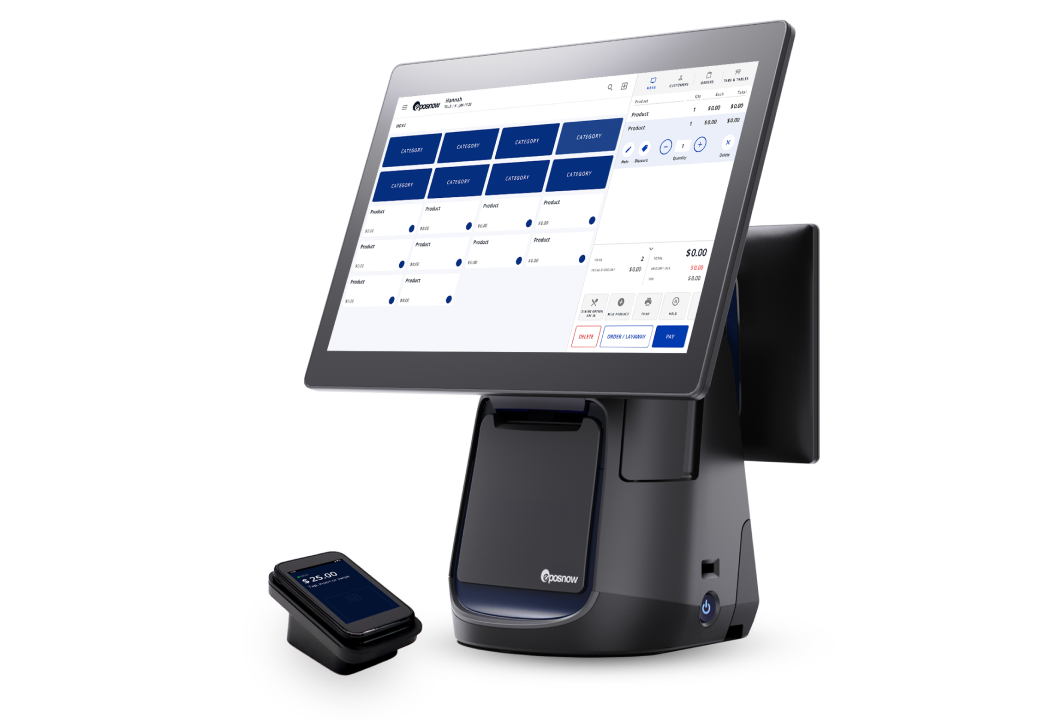Hiring Seasonal Workers: Your Questions Answered
For many businesses, seasonal workers are the unsung heroes of the industry. Often overlooked and undervalued, these seasonal employees are often thrown into the thick of the busiest periods of the year and shore up the foundations of the business.
As an employer in need of a little extra labour, you may have questions about how the process works, what these workers are entitled to in their temporary work, and how you can best support them in their seasonal employment.
In this blog, we’ll be exploring these topics and ways you can make your life and the lives of your seasonal workers easier.
What is seasonal hiring?
In short, seasonal hiring is when a business brings on additional staff during busy periods of their trading year. While these periods can be at different times of the year for businesses and industries, generally busy periods will fall on holidays such as Christmas, Easter, and summer months.
The definition of a seasonal worker is an employee that comes to fill gaps on a part or full time basis. Generally, they will have a fixed contract that will stipulate their exact hours and duties. While some seasonal staff may transition into full time employees, these positions are usually explicitly temporary jobs.
Seasonal hiring can be very beneficial for employers looking for extra help that can’t afford to hire long-term employees. As most seasonal employees are working on a part-time basis, you also don’t have to provide benefits enjoyed by your full-time employees. It should be noted that there are ethical concerns to this practice and workers will be more attracted to ethical businesses.
What’s the difference between seasonal and regular employment?
The difference between these two modes of working is very simple. Regular employment is a full or part-time position that is kept on throughout the year. Seasonal employment, as mentioned above, is a usually part-time position that is only open during busy periods throughout the year.
For instance, a company that sells winter coats will be busiest in autumn during the run-up to winter. This coat company may need extra help in their manufacturing plant or in their distribution centre and so will bring in additional workers on a part time basis.

The Epos Now Complete solutions is an all-in-one point of sales system that will revolutionise the way you do business.
With 24/7 support, a suite of leading integrations, and award-winning software, your business will thrive.
How many hours do seasonal employees work?
Temporary employees can work more or less hours than their permanent colleagues - it depends on whether or not they are hired as part-time or full-time. Seasonal positions allow employers to skirt the edges of benefit entitlements available to their full-time staff. It’s really up to the employer to set the hours so it could be anywhere from three to 30 hours to even longer.
This also raises the question of “when do seasonal positions end?” Again, this is largely up to the employer. Depending on the size of the business and its needs at peak seasonal time, seasonal contracts could run from a few months to half the year. Of course, seasonal rushes can be hard to predict so this could change.
How much do seasonal workers get paid?
Due to the nature of the job, most seasonal positions are paid their country's equivalent of minimum wage. This is because most seasonal jobs, like package packing, don’t require any specialised training or knowledge.
This isn’t to say that there is no seasonal work that doesn’t offer hiring wages. For example, part-time tutors and accountants can command a very respectable hourly rate, making these attractive options for more specialised workers.
Can seasonal workers become permanent?
As with other part-time roles, some seasonal positions have the potential to become permanent placements. It should be said that this is not the norm and most businesses will not offer full time employment.
Seasonal work is usually defined by a set amount of time as outlined in a contract between employer and employee. This means that once the time contracted has expired, the business will let the seasonal worker go.
If you are working in a seasonal position and would like to become a full time employee, there are several things you can do to help your chance. First, speak with your supervisor and express your interest in joining the business. Then put the effort to become an exemplary employee and hope your managers notice.
How can businesses best support seasonal workers?
As a business owner, you have a responsibility to provide the best possible working environment for your workers. Seasonal work can be intensely stressful and your workers have volunteered their time and energy to help see you through your busy period.
There are several ways you can support your seasonal workers and improve your overall business practices. These include:
- Offering overtime - Overtime benefits the business and the employee by giving everyone more time to get the job done. Due to the finite nature of seasonal work, your workers will be eager to work hard and make as much as they can.
- Hire from marginalised communities - Seasonal positions are perfect for workers that come from marginalised communities such as POC and the elderly. Reach out to support groups in your area and see if they can provide you with some candidates.
- Treat your seasonal workers as if they were full time - Even though your seasonal workers won’t be with you as long as your full time employees, treating them the same will create a much more pleasant working environment for everyone.
Making things easier for seasonal workers
It can be difficult to integrate your seasonal workers into your business. In busy periods, you need to be able to move quickly and ensure your staff are working efficiently. Epos Now has several retail POS and hospitality POS solutions that make life easier for business owners and workers alike.
The benefits of an Epos Now POS system for employers of seasonal workers include:
- 24/7 support - Our team are always on hand to help train and onboard your staff into the system. We can have your workers fully trained in short amount of time.
- Leading integrations - We have an App Store filled with hundreds of integrations. These include staff management apps that make coordinating your employees a breeze.
- Easy accountancy - It can be difficult to keep your accounts in order with the influx of new works. Integrations like Xero and Quickbooks handle it for you.
If you’re interested in seeing how Epos Now could help your business, get in touch with our team below.



